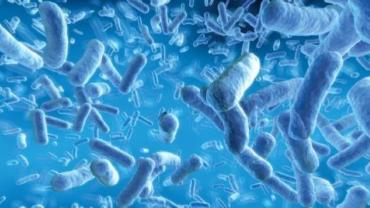
Can changes in an infants intestinal bacteria help predict the future development of food allergies or asthma? A new study from researchers at the University of Alberta and University of Manitoba Canada delves into this topic.
This study published in the February edition of Clinical & Experimental Allergy demonstrates that infants with a lower diversity of gut bacteria at three months old are at a higher risk to become sensitized to foods such eggs milk or peanuts by the time they reach their first birthday. The researchers observed that infants who developed food allergies also had a dysbiosis specifically associated with the bacteria Enterobacteriaceae and Bacteroidaceae.
We hope to develop new ways of preventing or treating allergies possibly by modifying the gut microbiota" according to Dr. Meghan Azad lead author and researcher at the University of Manitoba.
The study looked at data from over 150 infants in the Canadian Healthy Infant Longitudinal Development (CHILD) Study which is a study involving more than 3500 families and their newborn infants throughout Canada. Researchers believe the information on gut bacterial patterns during infancy may be helpful in serving as a biomarker for future disease although this does not necessarily mean the children will progress to full-blown food allergies later on.
There are definitely a few variables that may contribute to an infants gut microbiome at this early age. Cesarean delivery may affect the early diversity of intestinal bacteria. The gastrointestinal tract of infants becomes colonized immediately after birth with environmental microorganisms mainly from the mother. There is strong evidence that suggests that the early composition of an infants microbiota plays an important role for the development of the immune system. The intestinal microbiota of infants passed on by cesarean delivery appears to have less diversity and is characterized by an absence of Bifidobacteria species than the microbiota of infants delivered vaginally. In addition the use of formula instead of breast milk is another factor. Breast milk is an early stimulator of the intestinal flora and thus the lack of this dietary support may be a contributor to food sensitization. In these circumstances a probiotic may be considered in order to help support healthy gut flora.
Related DFH Products: Probiotic Synergyâ„¢ Powder
For Related Information please listen to our: